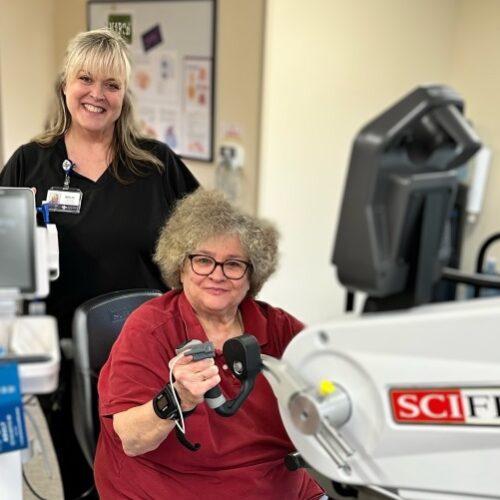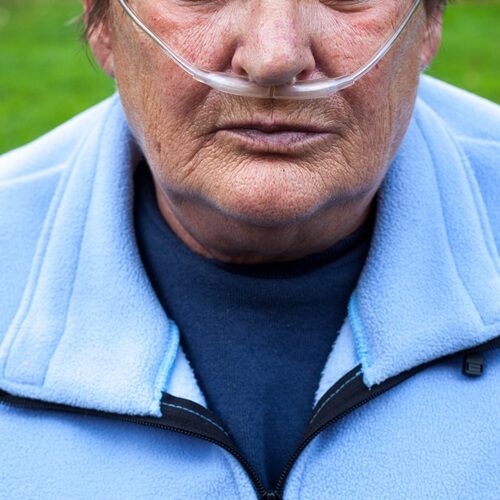Pulmonary Rehab helps individuals with chronic lung disease better understand their breathing, improve endurance, and help them live well. Learn about the program at GRHS and hear from past participants.
Tag: Lungs
Post
COPD: You can breathe better and easier with Pulmonary Rehab!
Chronic lung disease and shortness of breath are treatable with Pulmonary Rehab at Glacial Ridge. Patients can do more and improve their quality of life.
Post
Lungs: When Breathing Easy—Isn’t
From chronic obstructive pulmonary disease (COPD) to lung cancer, pneumonia, and other concerns, when our airways are impacted, each good breath becomes a gift. Learn more about these lung conditions.




